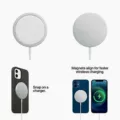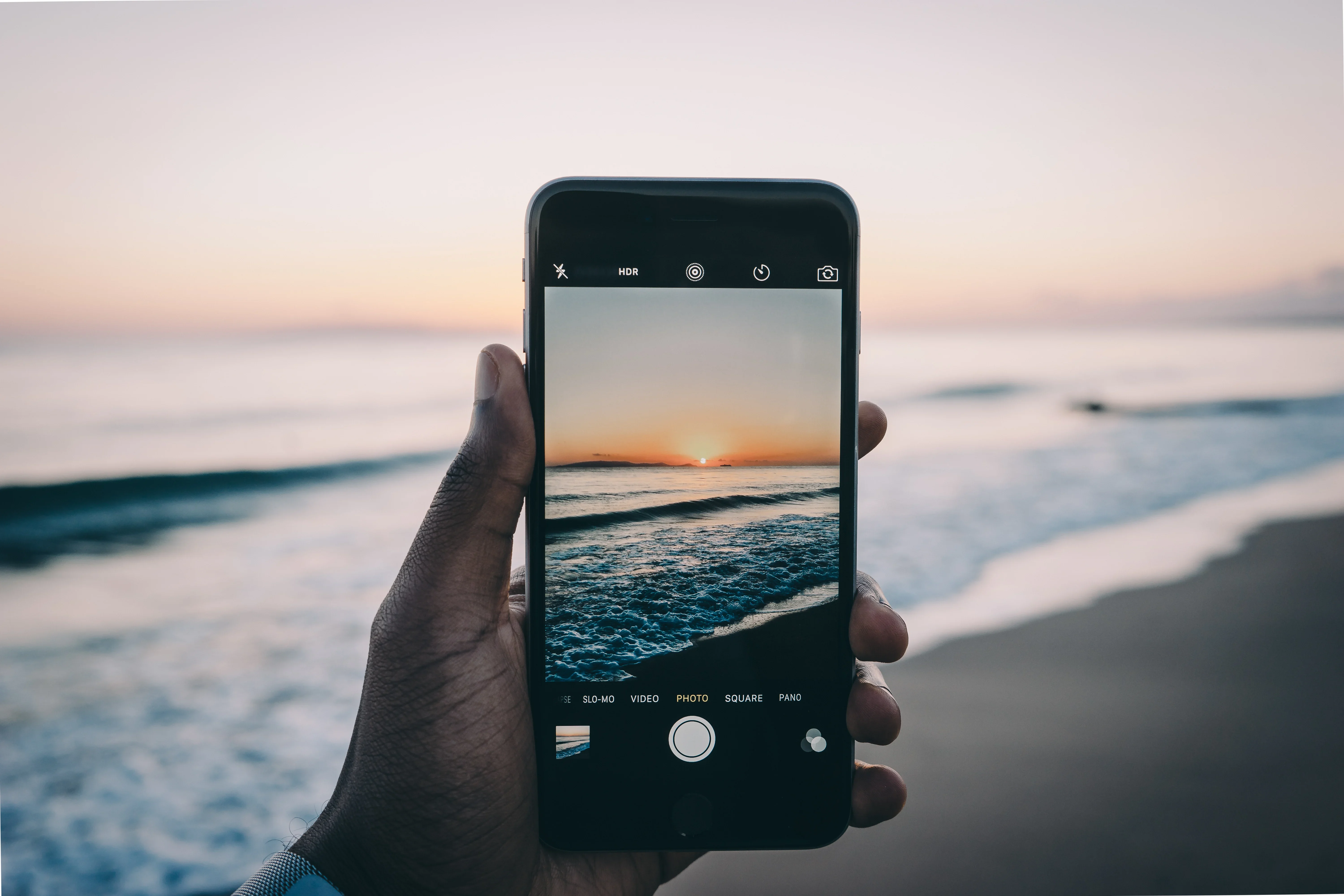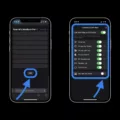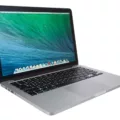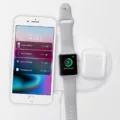
Are you trying to find the best charger for your MacBook Air M1? In this article, I will be covering the required MacBook Air M1 charging wattage to charge your MacBook. It will be a quick and simple article, so let’s get into it.
Understanding the Recommended Charging Wattage for MacBook Air M1
Every MacBook comes with a charging cable and power adapter. It’s best to use the charger that comes with the MacBook Air M1, which is the 30W USB-C Power Adapter, which came with all MacBook released in 2018 until 2022, according to Apple. The MacBook Air M1 was released in 2020, so it falls under this category.
According to Apple, using the power adapter and cable that came with your MacBook will give you the best charging experience and the most optimal charging speed.
Using Higher-Wattage Chargers With MacBook Air M1
You can use a higher-wattage charger with your MacBook Air M1. For example, if you bought a newer MacBook that came with a higher wattage charger, you can use it to charge your MacBook Air M1. This won’t damage your MacBook Air M1.
That’s because the MacBook’s power board will regulate its power draw so that it only draws as much wattage as necessary. It will not draw unnecessary or extra wattage if you are using a stronger charger.
However, it also will not charge faster. So, using a more powerful charger isn’t a good solution if you are trying to get your MacBook to charge faster.
Using Lower-Wattage Chargers for MacBook Air M1
The 30W charger is the lowest charger that Apple has produced for MacBooks. However, if you buy a third-party charger that has 20W, 18W, or another low wattage output, you can still use it. However, keep in mind that your MacBook will charge much more slowly, which can be quite frustrating. Also, whether you should use a third-party charger in the first place is a whole other question, which we will discuss in the next section.
Third-Party Chargers and Safe Charging Practices
If you are charging a MacBook using its USB-C port, it generally doesn’t really matter which charger you use. As long as the charger and cable conform to the USB-C standard, it should work just fine.
However, if you are charging it using the MagSafe charging port in your MacBook, it is generally best to use an authentic MacBook charger. Third-party chargers may still work and may not damage your device. However, make sure you get them from a trusted source and company if you decide to use a third-party charger. That’s because MagSafe is a proprietary standard developed by Apple itself, so it’s generally a good idea to use authentic Apple products for it.
Battery Health Considerations When Charging MacBook Air M1
Let’s wrap things up with some tips for charging a MacBook Air M1 without damaging it and to maintain MacBook Air M1 battery health. Some best charging practices for your MacBook Air M1 include:
- Don’t leave your MacBook plugged in all the time. Unplug it once it’s fully charged.
- Try to reduce how often you plug the charger in and out of the port.
- Avoid leaving your MacBook in the hot sun, or in a very hot or cold place.
- Use an authentic Apple charger for the best results.
Conclusion
We hope you enjoyed our best charging practices recommendations for the MacBook Air M1. My recommendation is to use the MacBook Air M1 power adapter that came with your MacBook. However, you may use a higher wattage Apple charger, and it won’t damage your MacBook.

